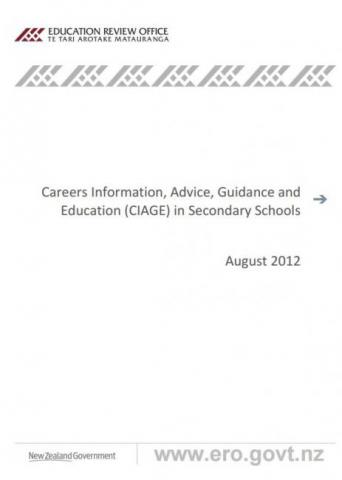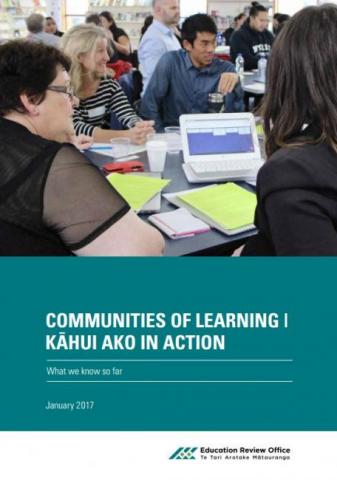Professional Learning and Development in Schools
Published: 02 Dec 2019
How well were school leaders determining Professional Learning and Development priorities and evaluating its impact?
ERO spoke with school leaders responsible for planning Professional Learning and Development (PLD) and looked at a variety of documents in 242 state or state-integrated schools (excluding kura) reviewed in Terms 3 and 4, 2018. ERO made an overall judgment about how well school leaders were determining PLD priorities and evaluating the impact of PLD.
- Audience:
- Schools
- Content type:
- Research
- Topics:
- Schools
- School leaders
- Literacy
- International education


















